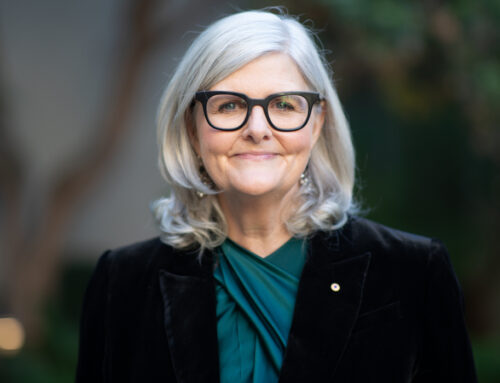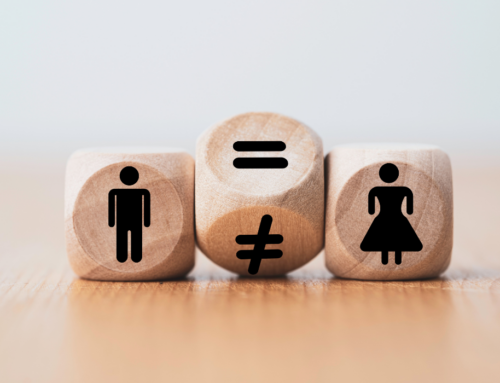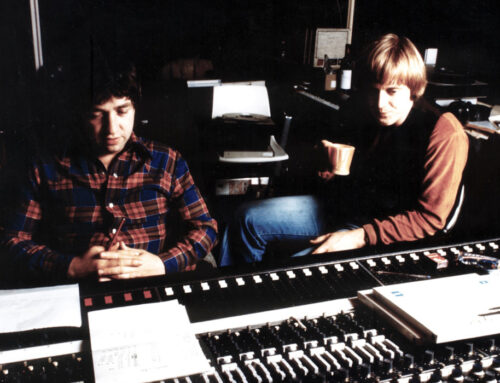Ever wondered why there’s an encircled ‘B’ logo increasingly popping up on the websites of some of our most progressive and innovative companies? March is ‘B Corp month’, and Alberts is proud to add its name to companies like Patagonia and Ben & Jerry’s – also certified B Corps, who are committed leaders in the global movement for an inclusive, equitable, and regenerative economy.
Many years ago, I attended a breakfast hosted by Small Giants managing director, Danny Almagor, as an introduction to B Corps in Australia. I must confess at the time I assumed the B stood for ‘Be’ or even ‘Bee’. How wrong I was.* I came away thoroughly impressed by the global initiative that asks companies to create a better, more sustainable tomorrow through leading by example.
Interested companies are required to demonstrate, through a points system, the various ways they meet the highest standards of social and environmental performance, accountability, and transparency. If successful and they achieve B Corp status. The badge of honour that is the B Corp logo sits proudly on their website – proving to the world they’re not only talking the talk, they’re walking the walk.
Small Giants would go on to become Australia’s first B Corp, in 2012. They are in good company. Since the movement began in 2006, B Corp-certified businesses number 8407 throughout 96 countries, 650 of them in Australia and New Zealand, including T2, Kathmandu and Clothing the Gaps.
Alberts proudly joined the B Corp movement in May 2021, and is celebrating B Corp month this March. I spoke to Alberts Head of Impact, Emily Albert, about what it takes to be a B Corp, why it matters and some of the most popular (and trailblazing) initiatives Alberts has introduced as a result.
*‘B’ stands for ‘benefit’!
Emily, what does the B Corp certification prove and why do we care?
B Corp certification proves an organisation is committing to have an impact beyond just the financial. It’s about committing to having a broader impact on society and the environment, including how you treat your staff, the interactions you have with various stakeholder groups. You commit to doing well as a business, but you’re helping society and the planet at the same time. At Alberts, we had made a commitment to making a positive impact and were interested to see, through the certification process, how we stood up. We were pleasantly surprised by how much we already had in place.
There’s a lot of green washing around, and a B Corp certification gives external recognition that we’re not just saying we care about having a positive impact, and somebody else has looked under the bonnet and confirmed we are doing what we say we’re committed to.
How do you become a B Corp?
It’s quite a rigorous process. You pay an annual fee (once accredited) and there are 200 questions across five impact areas – workers, customers, governance, environment, and community – and you need to score a minimum of 80 points. We also score points because of our impact business model – we invest a portion of our profits into our Foundation each year. It’s a self-assessment backed up by verification, and they will come back to you asking for evidence. It’s not a light undertaking, but that gives it credibility and there’s enough latitude that it allows for a small family business like Alberts, a global brand like Patagonia, or small start-up like Sendle, one of Alberts Impact Ventures portfolio companies.
When we first began, we were very strong on governance, workers, and community. Being a small office-based organisation, we hadn’t paid a huge amount of attention to our environmental footprint, but we’ve since been looking more seriously at that. We are now a carbon-neutral organisation, we have targets to reduce our carbon emissions by 42% by 2030 in line with best practice, and have offset our emissions for the past year.

Becoming a B Corp is also a great way to engage staff to mobilise them towards our mission – in Alberts case, to pioneer a vibrant and sustainable future for all. Because the questions you have to answer cover such a wide range of the business it requires a number of different staff to be involved, so they get an idea of what we’re being asked, what we can answer, and what we might want to do in future. We’ve now established an internal impact working group through which people can bring ideas to help us continually improve the ways we have a positive impact, so they can contribute and feel like they’re part of the solution; and we’ve built impact into all staff performance reviews and goals so everyone feels a sense of responsibility for achieving it.
What are some of the initiatives Alberts has introduced?
One of our strongest performing areas is in what they call ‘workers’ (or staff). We have a new gender-neutral parental leave policy that includes adoption, IVF and special compassionate leave, in addition to ongoing super contributions during the parental leave period. We have a mental health and well-being incentive which provides financial support for employees to undertake health and well-being activities, whether that’s yoga or a live concert. We have also chosen to become more vocal and visible on issues we care about – the Voice referendum, music education, and striving for gender equality in the investment and founder space.
So is that it, you can now rest on your B Corp laurels?
No! We’re currently recertifying (something you have to do every three years). We didn’t want to just become a B Corp and leave it at that – we have an aim to continually drive positive change, and being a B Corp and recertifying gives us that framework to look at areas we might pursue.
I think our team at Alberts is really proud we’re a B Corp. It shows them and others that we put actions behind our words – and it’s given them a license to drive new impact initiatives.
March is B Corp Month. Click here to find out more about events in Australia and New Zealand.







